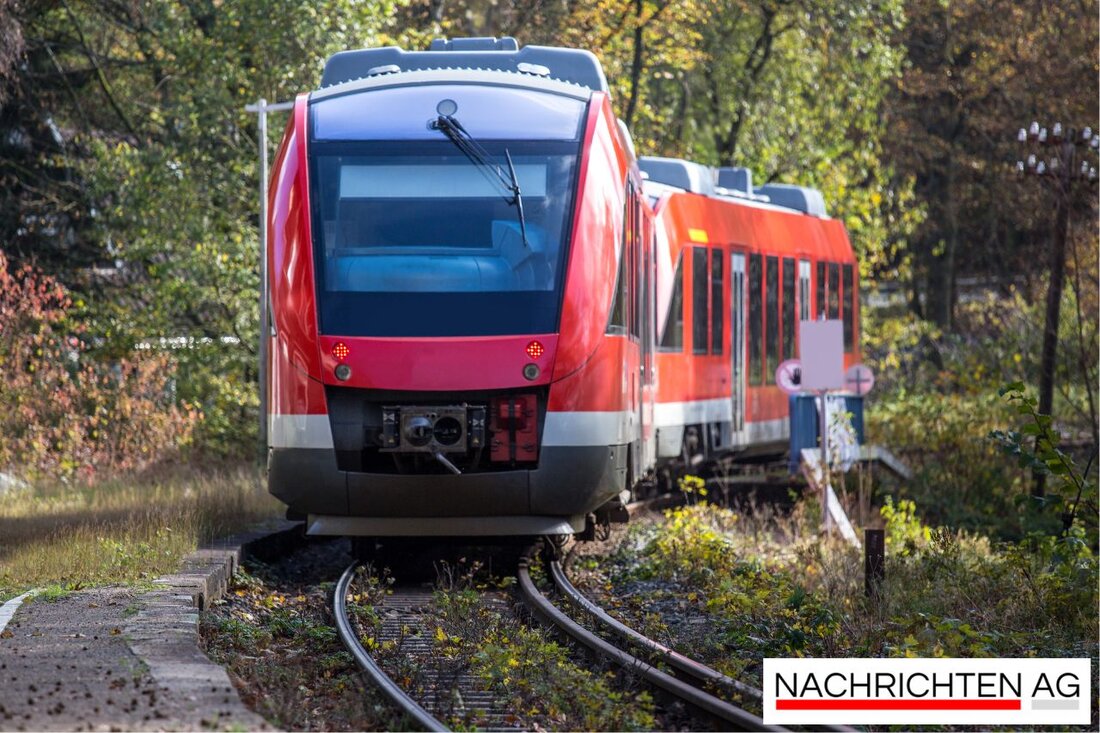Rail apocalypse: A24 between Berlin and Hamburg closed for nine months!
Berlin-Hamburg railway line closed from August 2025: Commuters have to switch to buses, there is a risk of long travel times.

Rail apocalypse: A24 between Berlin and Hamburg closed for nine months!
The railway line between Berlin and Hamburg is facing a huge challenge: from August 1, 2025, the A24 will be completely closed for a period of nine months due to extensive renovation work. As the Berlin newspaper reports, Heiner Monheim, spokesman for the Bürgerbahn, criticizes the planned total closure of the 280 kilometer long connection between Berlin-Spandau and Hamburg-Rothenburgsort. The upcoming work marks the longest peacetime railway interruption in Germany and primarily affects commuters and local transport users.
The impact on long-distance transport is also significant, as the timetable will be reduced by around 50%. ICE trains take up to 45 minutes longer due to diversions via Stendal and Uelzen. Commuters have to resort to buses, which can add up to 3 hours and 40 minutes to travel times. Monheim therefore calls for the closure to be reconsidered and suggests limiting work to weekends and nights in order not to place unnecessary strain on commuter traffic.
Alternatives and alternative transport
In order to maintain the mobility of travelers during the renovation work, Deutsche Bahn is planning a rail replacement service (SEV) in collaboration with a private consortium. Over 170 buses will be deployed daily, covering up to 86,000 kilometers, to ensure comfortable travel. The aim of this replacement service is to offer every passenger a seat, which is a challenge given the high demand and limited capacities, especially in the Falkensee area near Berlin reports the VBB.
It is important to take into account the lack of experience of transport demand during construction, as transport providers have to react to unexpected changes. In this context, Wilfried Kramer from the German Transport Club criticizes the inadequate replacement concepts, which could lead to longer travel times. The federal government, on the other hand, appears calm and points to successful rail replacement services during previous renovations.
Technical challenges
Another bone of contention is the delay in the introduction of a new signaling system (ETCS) by Deutsche Bahn. Monheim emphasizes that many of the planned construction works would not require a total closure and that more flexibility would still be possible in the construction work. In order to support the smooth process, six additional transfer points will also be provided.
It is important for travelers to receive up-to-date information about route closures, construction work and delays in real time. The German railway offers a comprehensive service, including the DB Navigator app, which displays the latest departure times and disruptions, as well as information about station displays and loudspeaker announcements.
The upcoming work will certainly pose challenges for many travelers. While Deutsche Bahn and transport providers are already working on solutions, the question remains whether the measures can meet the needs of passengers. The coming months will show whether commuters' fears are justified or whether the replacement solutions can actually ensure smooth transport.

 Suche
Suche
 Mein Konto
Mein Konto